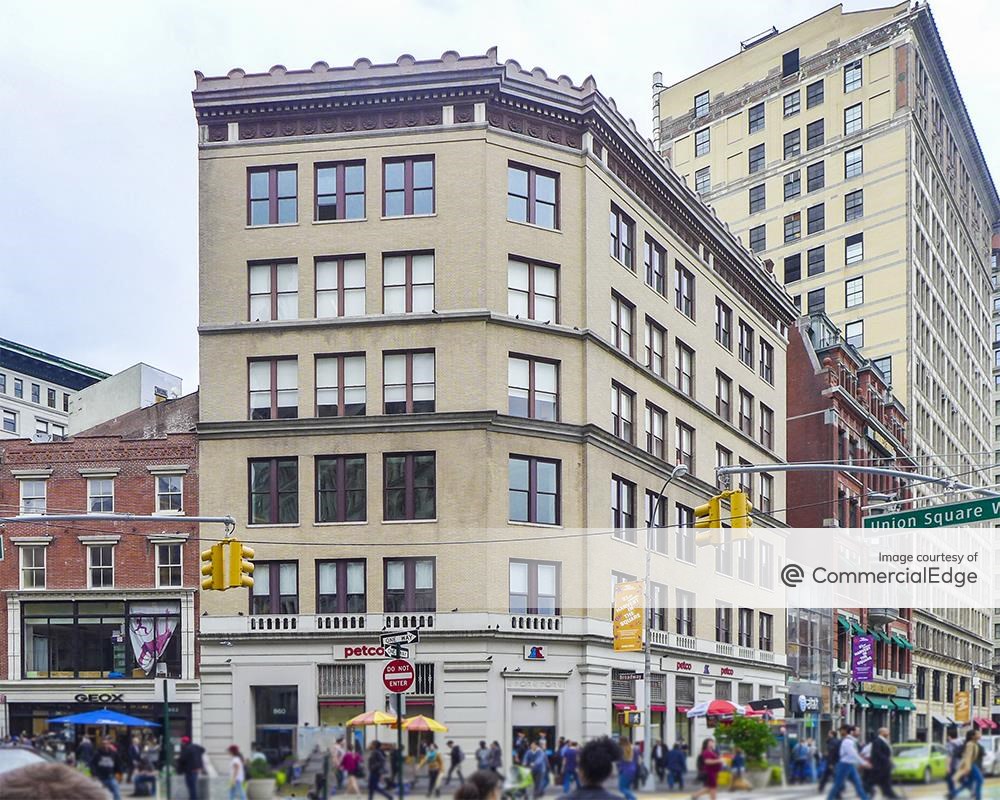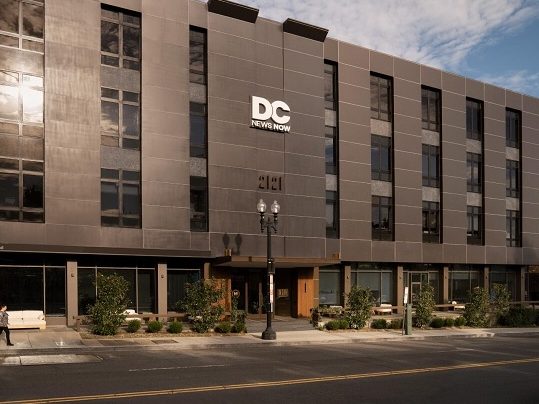DAILY READS: April 6, 2020
Retail sale in Greenwich, Conn. Banks' weak spot. Will Airbnb get over coronavirus? Here's a batch of other critical content for you to read, listen to or watch.
Forecasting Commercial Real Estate Winners and Losers in the Post-Pandemic World
Previous health-related downturns have been brief and followed by relatively quick recoveries, but the amount of time it will take for the economy to rebound from the coronavirus is less predictable, Ben Breslau, chief research officer of JLL Americas, said Thursday on a conference call to discuss the pandemic’s impact on commercial real estate leasing and the economy. Read more
Houston Chronicle
Lyman Real Estate Negotiates $5.5M Sale of Retail Property in Greenwich, Connecticut
The buyer, AFT Management LLC, plans to redevelop the property to house a larger building. Exact construction plans were undisclosed, but the new building will include space for multiple retail tenants. M&T Bank will retain the same footprint in the new building through November 2028. Read more
REBusiness Online

Atrium of Airbnb headquarters. Photo courtesy of Wikicommons
Can Airbnb Survive Coronavirus?
To weather the crisis, Airbnb has reportedly canceled all marketing activities, put its founders’ salaries on hold and slashed those of top executives by half. It has halted all but essential hiring, may postpone going public and has not ruled out layoffs. Read more
CityLab
Commercial Mortgage Portfolios Could be Weak Spot in COVID-19 Banking Era
In comparison, KBRA forecasted that “banks with sizeable residential mortgage operations and/or fee generating capacity to be relatively more resilient.” KBRA added that low mortgage rates and high refinancing volumes will likely benefit banks in this market for at least the first half of this year and possibly beyond. Read more
Mortgage Professional America
Construction Shutdown Highlights Divide in Benefits, Pay Between Union and Non-Union
As of February, 263,821 people were employed in the construction industry in New York City, according to a report from the New York Building Congress. Fifty-seven percent of those workers earn less than $50,000 a year, and another 28 percent earn between $50,000 and $100,000 a year. And 44 percent of construction workers — primarily those doing “blue-collar” labor on sites—do not have health insurance, NYBC found. Read more
Commercial Observer







You must be logged in to post a comment.